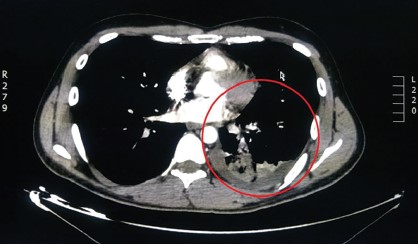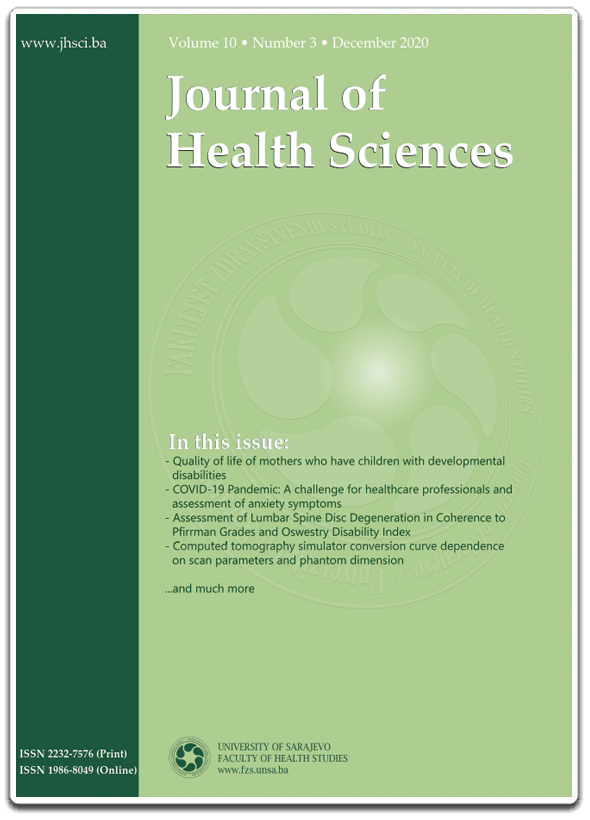Factor V Leiden homozygous mutation: Recurrent venous thromboembolism during periods of discontinuation of anticoagulant therapy
DOI:
https://doi.org/10.17532/jhsci.2021.1283Keywords:
Venous thromboembolism, homozygous Factor V Leiden mutation, anticoagulant therapyAbstract
Venous thromboembolism (VTE), also known as deep vein thrombosis and pulmonary thromboembolism, is a medical condition that has a high incidence and a multifactorial pathogenesis. One of the causes is a mutation of the Factor V Leiden (FVL), which is the most common inherited thrombotic disorder. A mutation inherited from both parents is found in about 0.05-0.5% of cases, making our case more medically interesting. We presented the case of a young male patient with recurrent VTE and few risk factors who was admitted to the hospital 4 times with VTE symptoms over a 5-year period. In the background, there was a homozygous FVL mutation and improper use of anticoagulant therapy. We examined the medical data, diagnostics, therapy, and precautions that were and are required.
Downloads

Downloads
Published
License
Copyright (c) 2021 Sabira Šahinović, Vildana Huskić, Adis Kauković

This work is licensed under a Creative Commons Attribution 4.0 International License.










